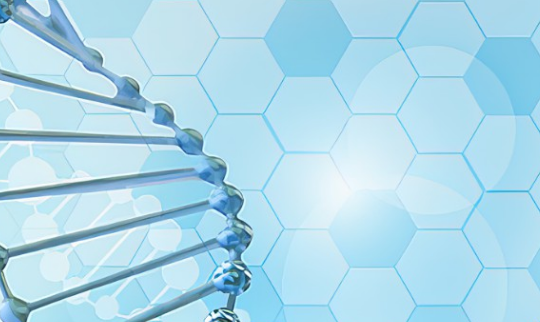Biology: Life, ecology, and the Future of Life
Similarly, in 2015, researchers who developed gene-editing techniques called for a moratorium on their use in humans. Gene editing technology allows scientists to customize an organism's genetic makeup by altering specific bases in the organism's DNA sequence. But the impact of gene editing on human genetics is unclear, and there are no regulations to guide its use.

In fact, in the absence of strict regulation, a Chinese scientist has made progress in human gene editing, announcing in late 2018 that the world's first babies carrying edited genomes had been born. The scientist claimed that he had edited human embryos to disable a gene that would normally help HIV enter cells, and that the embryos were then implanted into a woman and delivered without problems. At the same time, researchers in the United States are trying to use gene editing to change genes in human sperm so that the edited genes can be passed on to future generations. In particular, researchers are trying to reduce the risk of developing cancer in future generations by altering certain genes that increase the risk of cancer. The debate over gene editing has reignited earlier discussions about the ethical and social implications of genetic engineering, particularly with regard to its potential to alter traits such as intelligence and physical appearance.
Biologists also face a number of other challenges, including how to control environmental pollution without compromising progress in improving the quality of human life. The main cause of pollution is overpopulation. The growth of the global population has increased the demand for land, especially in the field of food production, which requires the operation of modern industries, which in turn pollute the air, water and soil with fertilizers. To find solutions to global warming, pollution, and other environmental problems, biologists and sociologists, as well as other members of society, work together to determine the conditions necessary to maintain a healthy and productive planet.
For while many of humanity's present and future problems appear to be primarily social, political, or economic in nature, they all have biological consequences that could affect the existence of life itself.
- ABB
- General Electric
- EMERSON
- Honeywell
- HIMA
- ALSTOM
- Rolls-Royce
- MOTOROLA
- Rockwell
- Siemens
- Woodward
- YOKOGAWA
- FOXBORO
- KOLLMORGEN
- MOOG
- KB
- YAMAHA
- BENDER
- TEKTRONIX
- Westinghouse
- AMAT
- AB
- XYCOM
- Yaskawa
- B&R
- Schneider
- Kongsberg
- NI
- WATLOW
- ProSoft
- SEW
- ADVANCED
- Reliance
- TRICONEX
- METSO
- MAN
- Advantest
- STUDER
- KONGSBERG
- DANAHER MOTION
- Bently
- Galil
- EATON
- MOLEX
- DEIF
- B&W
- ZYGO
- Aerotech
- DANFOSS
- Beijer
- Moxa
- Rexroth
- Johnson
- WAGO
- TOSHIBA
- BMCM
- SMC
- HITACHI
- HIRSCHMANN
- Application field
- XP POWER
- CTI
- TRICON
- STOBER
- Thinklogical
- Horner Automation
- Meggitt
- Fanuc
- Baldor
- SHINKAWA
- Other Brands




































































































































